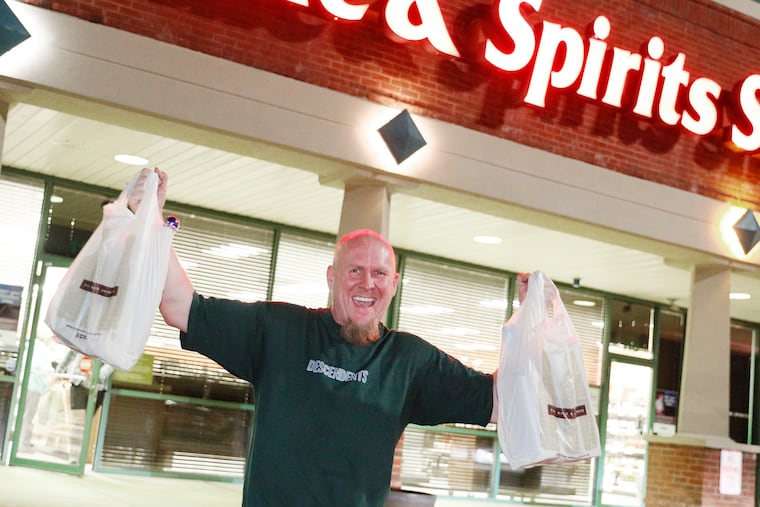Restaurateurs stunned by state’s request to close; medical marijuana dispensaries to remain open
The recommendation to temporarily close extends to Bucks, Chester, Delaware and Montgomery Counties.

Gov. Tom Wolf and the state Department of Health on Saturday “strongly encouraged” bars to close and restaurants to convert to carryout and delivery-only in the Pennsylvania counties surrounding Philadelphia.
The state asked food and beverage operations “to act now before the Governor or the Secretary of Health find it necessary to compel closures under the law for the interest of public health,” according to a letter addressed to business owners.
The recommendation to temporarily close nonessential businesses in Bucks, Chester, Delaware, and Montgomery Counties is intended to contain the spread of the coronavirus and “ensure the safety of all people in the county and beyond.” Businesses in Philadelphia were not asked to comply.
The request stunned many suburban restaurateurs.
“Asking [for us to close] vs. telling puts no liability on them,” said Justin Weathers, a co-owner of Stove & Tap restaurants in Montgomery and Chester Counties. “I have a responsibility to my staff and those who need to eat out to be open. Politely asking us to close without an action plan for businesses and employees is irresponsible.”
Josh Lawler, who owns Farm & Fisherman bar-restaurants in Montgomery and Camden Counties, said he is trying to convert to takeout only. “I’m just worried about all the staff in the region,” Lawler said. “It’s going to be really tough for everyone. ... We went from a short-staffing crisis to this in a week.”
Asked about potentially closing his bars, John Brandt-Lee, who owns Avalon locations in the suburbs, replied: “But alcohol kills germs.”
The letter was signed by the secretary of health, Rachel Levine, and the secretary of community and economic development, Dennis M. Davin.
It said state wine and liquor stores in the four suburban counties would begin to close on Tuesday.
“Individuals can still buy wine and beer at grocery stores with PLCB licenses,” it stated. The decision marks a reassessment at the PLCB, which had said earlier this week that all liquor stores would remain open.
Medical marijuana dispensaries will remain open since they fall into the same classification as pharmacies, “which makes them essential,” said Nate Wardle, a Health Department spokesperson.
The state recommended that bars, liquor stores, and restaurants to curtail business until further notice. It also said restaurants should stay open only for carryout and delivery.
It is the first time the governor has invoked the state’s authority to compel closures if the businesses do not comply, citing Section 7301 of the Emergency Management Act. Whether the governor has the power to close businesses is still to be determined.
The following types of businesses, according to the Health Department, should temporarily cease operations:
Bars
Community and recreation centers
Gyms, including yoga, spin, barre facilities
Hair salons, nail salons, and spas
Casinos, concert venues, and theaters
Sporting facilities and golf courses
Nonessential retail facilities, including shopping malls, with the exception of pharmacies or other health-care facilities housed within shopping centers.